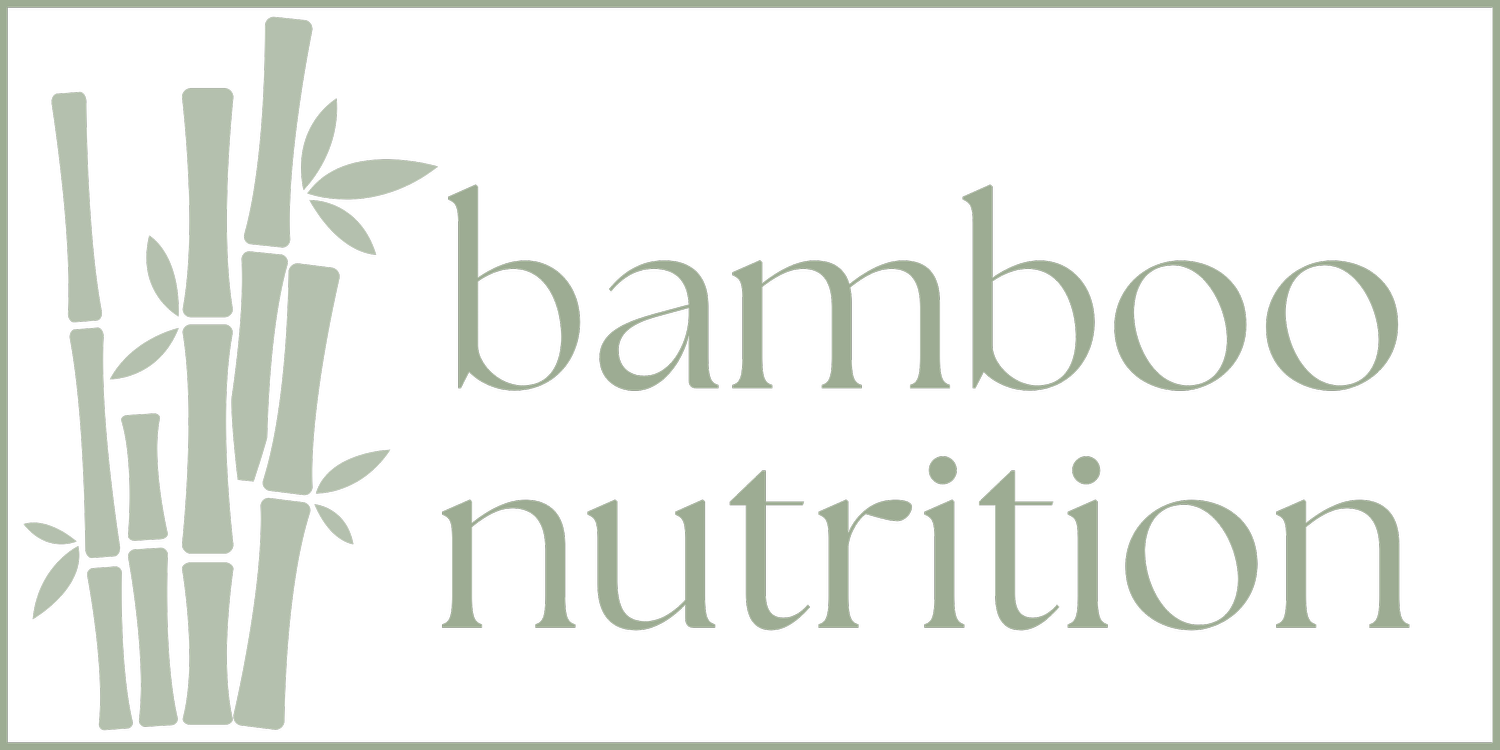There are a lot of different tips circulating on the web and on the news about the best practices when grocery shopping. Now there is talk about how to store your groceries in order to get the longest life-time out of them.
First, let’s start with plain and simple grocery shopping tips.
Grocery Shopping Tips
Order groceries online if possible.
Remember, in order to order online you need to plan pretty far in advance. Some grocery orders are taking up to 1-2 weeks to get delivered. When you’re preparing to order online, make sure you’ve planned out the meals you want, the ingredients you need, any staples in your home that need replenished, any snacks you want to rotate through, and a couple back-up meal options.
If you’re shopping in the stores…
Go at a time when its less busy. For many this means first thing in the morning or last thing in the evenings. Avoid shopping around the noon hour or between 3-6pm if possible since this is most likely when you get the most after-work traffic. A table from Business Insider demonstrates this well.
Take a sanitizing cloth, wipe, or germicide with you. Wipe down your cart or basket before you place your hands on it. When you’ve left, sanitize your keys, debit or credit card and lastly, your hands.
New CDC guidelines recommend wearing a cloth mask. In addition to maintaining a 6 ft. social distance, new CDC recommendations are that everyone wears a cloth mask. They include instructions on how to make a home-made mask here.
Follow the grocery store’s rules. Grocery stores are doing all they can to protect their workers and customers. Honor these rules and guidelines including going up and down the aisles the right way, keeping a social distance, etc. Remember, these rules protect you and everyone else.
Have a plan. I cannot express this one enough. Have a written list, preferably not on your phone, with exactly what you need. This way you’re quick and efficient. To make that list 1 step better, organize it by the sections in the grocery store. Click here for a free grocery list download to see how you can organize your list.
Pay with a credit or debit card. Your goal in grocery shopping is to touch as little as you can. This includes cash. Cash exchanges the hands and pockets of countless people. Use your card when you can and sanitize it afterwards.
Grocery Storing Tips
Expiration Dates. Do you need to follow them exactly? The answer is no. There are many different phrases to denote expiration: “Best if used by/before” “Sell-by” “Use-by” “Freeze-by.” None of these are safety dates, with the exception of “Use-by” specifically for infant formula, according to the USDA. In addition, if a date passes, the product should still be safe for use if handled properly until the time of spoilage is evident.
What are signs of spoilage? It will give off an odor, off flavor or texture. In addition, it could change color or have apparent signs of mold.
Use the USDA App: USDA Foodkeeper. This is a free resource and will tell you how long a food is typically safe to eat, how to store those foods, and recommended cooking methods.
According to this app, eggs can be safe to consume for up to 5 weeks if refrigerated from the date of purchase. String cheese is fresh as long as 5 months. If chicken is frozen from the date of purchase, it can last 12 months! Ground beef can be frozen up to 4 months. There are many many more foods available on this app.
How to keep produce in its best condition? Wash berries as you eat them to prevent them from getting too soft or moldy. Another tip is to take the stems off the berries, and place them on a paper towel lining the container to reduce the moisture. Separate your bananas to prevent them from all ripening at the same time. Tomatoes actually prefer a dark room temperature space rather than in the fridge. Do not store potatoes beside onions as the onions will make the potatoes spoil faster. Onions and potatoes both do best in a dry, well ventilated dark space like in a paper bag inside your pantry. Placing apples and oranges in the fridge will also extend their life, but don’t store them right next to each other as they cause each other to spoil.
Buy frozen fruits and vegetables. There is no nutritional difference between fresh and frozen produce. Frozen produce are picked are their prime ripeness and immediately frozen. When you cook vegetables, you want to cook them until they’re color is brilliant but their texture remains tough and strong. If you let their colors darken and let their textures wilt or become mushy, you’re losing some of the micronutrients. BUT you can still enjoy them and reap some benefits so don’t throw them out :D When you cook vegetables, do so in just a little bit of water or oil/butter. The reason you want to use a small amount of water is because vegetables contain water-soluble nutrients which means those nutrients will go where the water is. If you use too much water (for example, covering the vegetables) then you risk the nutrients leaving the produce.
At the end of the day, use the expiration date as a guideline, not a hard and fast rule. Be safe when you go to collect or purchase your groceries. When in doubt, throw it out. Do what you can to extend the life of your groceries, but do not stress out about this as groceries are still available and this all takes time, practice, and organization!
If you are beginning to over-think food, stress about everything you eat or drink, or feel you’re intake has increased or decreased tremendously… reach out to me! Bamboo Nutrition is offering telehealth and taking on new clients.

